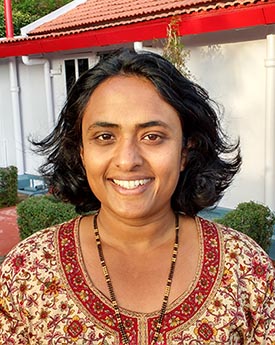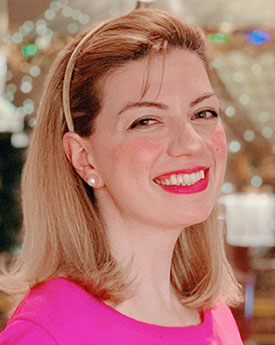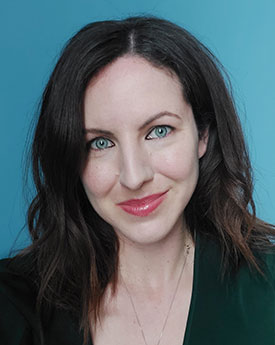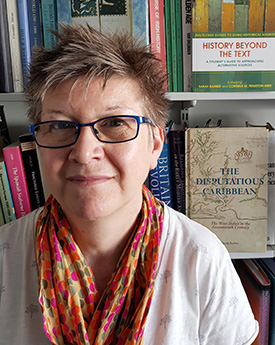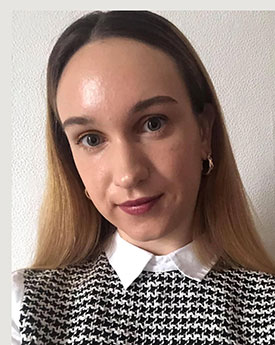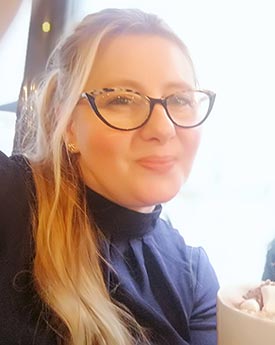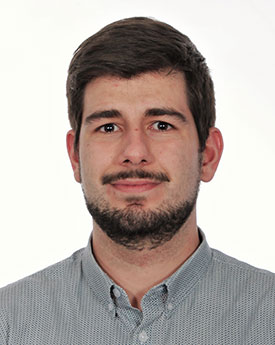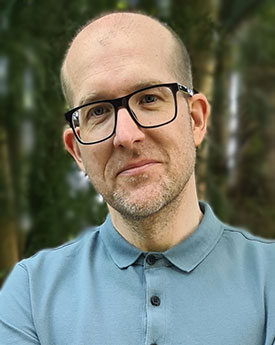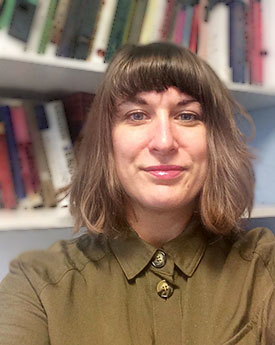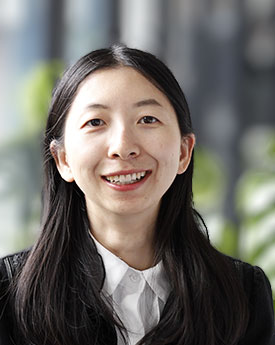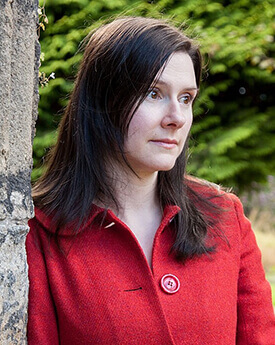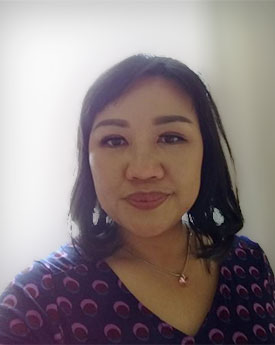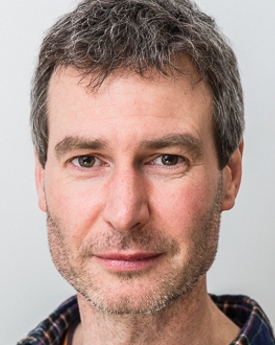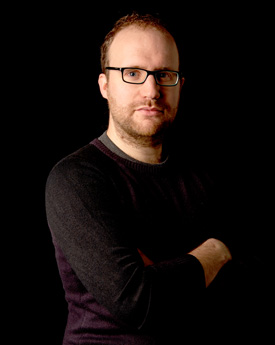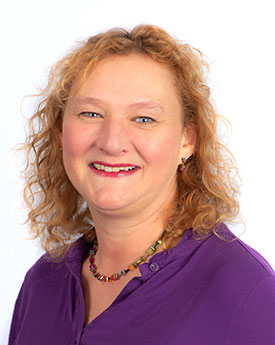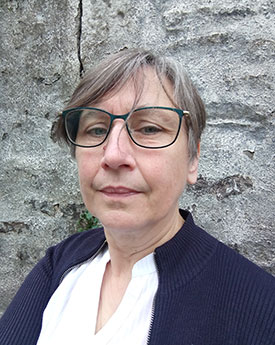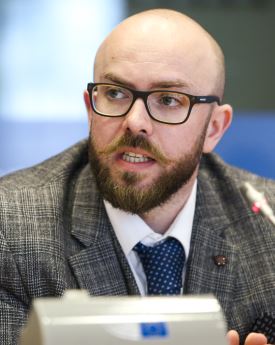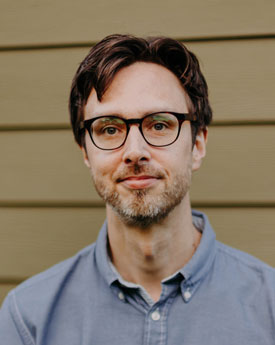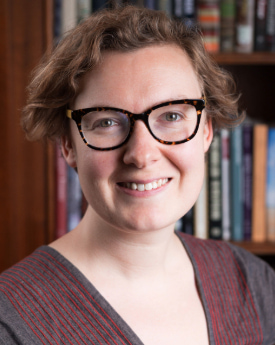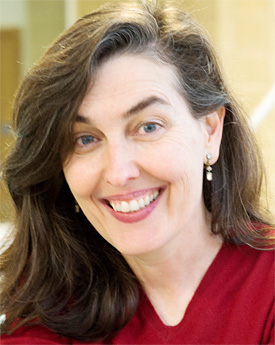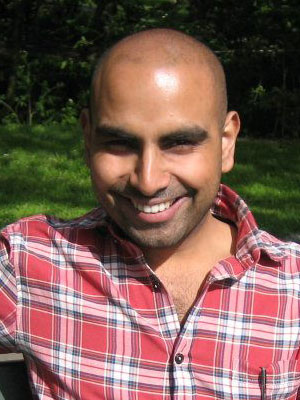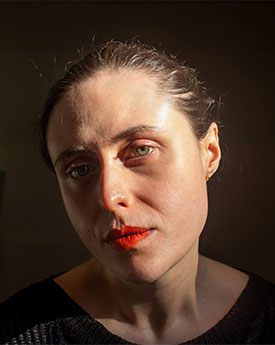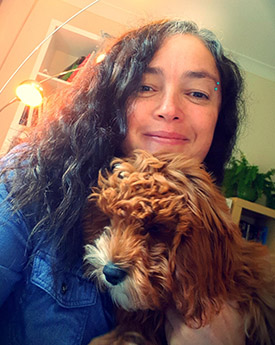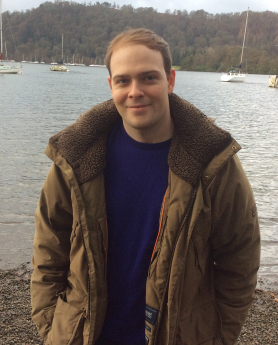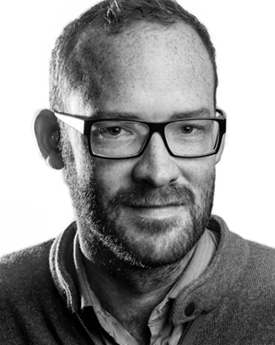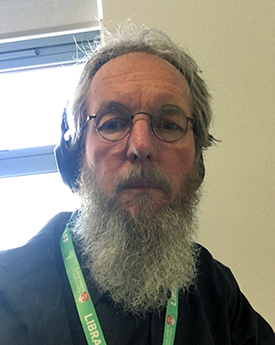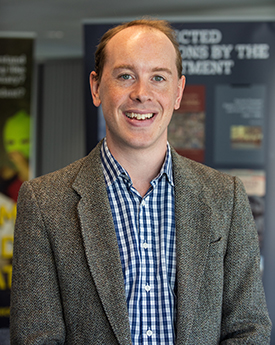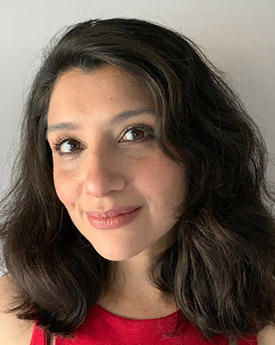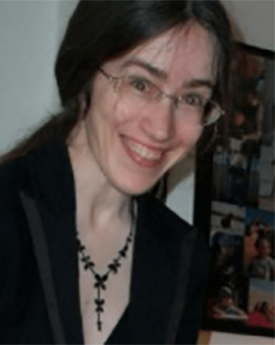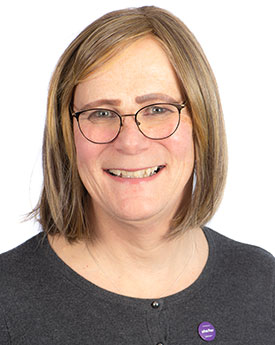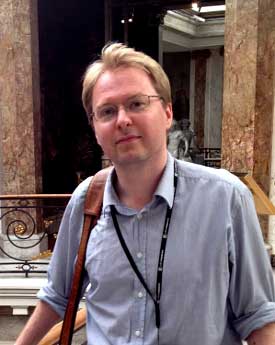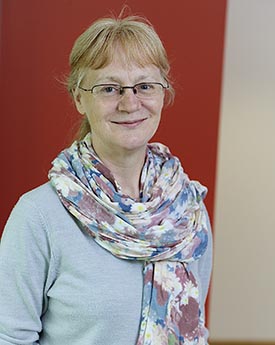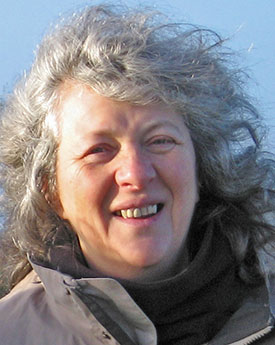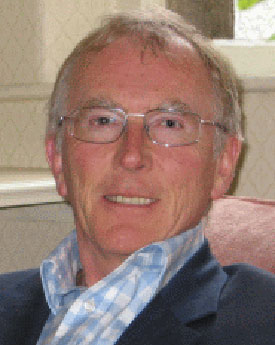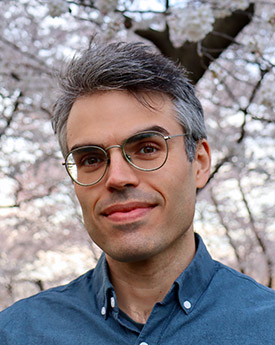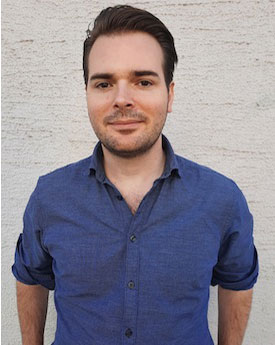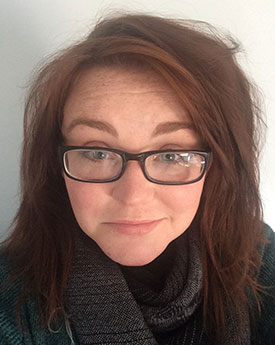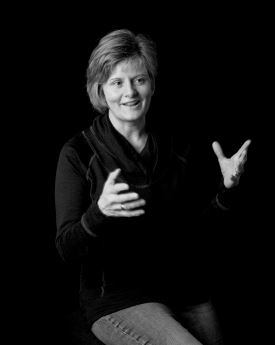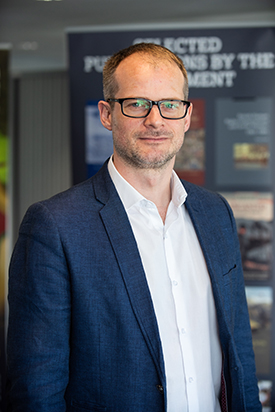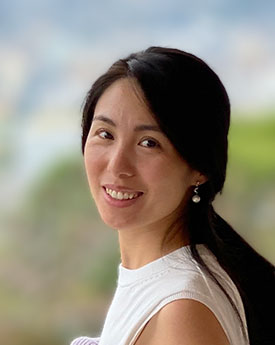School of Global Affairs all staff
- Selected letter: All
Loading People
We couldn't find anybody who matched your criteria
Morecambe Bay Curriculum
Centre for War and Diplomacy
Ethics Values and Policy Initiative , Richardson Institute for Peace Studies
African Studies Group, FASS Health Hub, Multilingual Creativities, Performing Identities, Poetics of Resistance
Centre for Gender Studies
Centre for War and Diplomacy
Security Lancaster, Security Lancaster (Behavioural Science), Security Lancaster (Policing), Security Lancaster (Policy, Law and Ethics), Security Lancaster (Secure Machine Learning and Intelligence), Security Lancaster (Societal Threats), Security Lancaster (Sociology)
Centre for War and Diplomacy, Richardson Institute for Peace Studies
Centre for War and Diplomacy, CILHR Centre for International Law and Human Rights, FASS Health Hub
Security Lancaster, Security Lancaster (Policy, Law and Ethics)
Centre for War and Diplomacy
FASS Health Hub, Queer Medical Humanities Network , Transcultural Writing, Practice and Research Network
DSI - Society, Morecambe Bay Curriculum, Regional Heritage Centre
Institute for Social Futures Fellow, Regional Heritage Centre
Ethics Values and Policy Initiative
CILHR Centre for International Law and Human Rights, Migrancy Research Group, Security Lancaster, Security Lancaster (Security Futures), Security Lancaster (Societal Threats)
Philosophy of Mind and Psychology
Centre for War and Diplomacy, ESRC Centre for Corpus Approaches to Social Science, Richardson Institute for Peace Studies, Security Lancaster
Morecambe Bay Curriculum, Pentland Centre, Security Lancaster
Ethics Values and Policy Initiative
Latin America Research Cluster, Poetics of Resistance, Transcultural Writing, Practice and Research Network
Authors and the World, Multilingual Creativities, Transcultural Writing, Practice and Research Network
Centre for War and Diplomacy
Digital Humanities Centre, DSI - Society
Centre for War and Diplomacy
African Studies Group, CPERC - Cultural Political Economy Research Centre , Latin America Research Cluster, Migrancy Research Group
Centre for War and Diplomacy
Culture and Communication Research Network (CULCOM)
Centre for War and Diplomacy
FASS Health Hub, Institute for Social Futures Fellow
Continental Philosophy and Critical Theory
Security Lancaster, Security Lancaster (Academic Centre of Excellence), Security Lancaster (Policy, Law and Ethics), Security Lancaster (Security Futures), Security Lancaster (Societal Threats)
FASS Health Hub
Centre for War and Diplomacy
Richardson Institute for Peace Studies
Centre for War and Diplomacy
Centre for War and Diplomacy
Regional Heritage Centre
Centre for War and Diplomacy
Latin America Research Cluster
Digital Humanities Centre
Centre for Gender Studies
FASS Health Hub, Transcultural Writing, Practice and Research Network
Materials Science Institute PhD Student
Richardson Institute for Peace Studies
Centre for Gender Studies, Dynamics of Memories, Regional Heritage Centre
Regional Heritage Centre
Centre for War and Diplomacy
Ethics Values and Policy Initiative
Ethics Values and Policy Initiative , Security Lancaster
Authors and the World, Institute for Social Futures - Leadership Team, ISF Anniversary Lecturers, MSF Supervisors 2019/20, Performing Identities, Poetics of Resistance
Centre for War and Diplomacy
Centre for Gender Studies, Continental Philosophy and Critical Theory , Philosophy of Mind and Psychology
African Studies Group, Centre for Gender Studies, Performing Identities, Poetics of Resistance
Transcultural Writing, Practice and Research Network
Centre for War and Diplomacy
Ethics Values and Policy Initiative , FASS Health Hub
Centre for War and Diplomacy
FASS Health Hub
Centre for War and Diplomacy, FASS Health Hub
Centre for War and Diplomacy
Head of School



